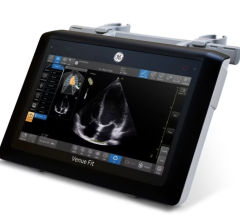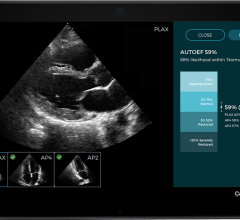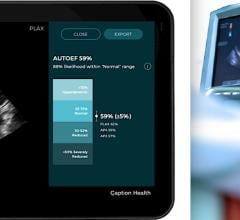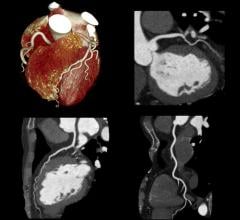New research findings show men have fewer long-term gastrointestinal side effects with intensity-modulated radiation therapy (IMRT) than with three-dimensional conformal radiation therapy (3D CRT) for prostate cancer treatment, despite the higher doses of radiation used in the IMRT group.
Both techniques allow precise targeting of the cancer with multiple X-ray beams, but IMRT allows physicians to modulate the radiation dose intensity with far smaller radiation beams. Thus, doses of radiation to the bladder and rectum can be limited. Reducing radiation exposure to healthy normal tissue and other vital organs helps prevent once common side effects such as urinary frequency and diarrhea.
In the study, researchers analyzed data collected prospectively from 1,417 patients treated at Fox Chase Cancer Center in Philadelphia. Of these, 928 men were treated with 3D CRT (median follow-up of 63.3 months) and 489 men with IMRT (median follow-up of 29.9 months). The IMRT patients received higher doses of radiation.
"There were no differences in the reporting of acute gastrointestinal or genitourinary side effects for the two treatment modalities," explained Alexander Kirichenko, M.D., Ph.D., lead author of the study and a clinical fellow at Fox Chase at the time of the analysis. "However, as the data are beginning to mature, we're seeing more long-term gastrointestinal side effects in the men treated with 3D CRT."
Kirichenko concluded, "Despite the specific findings pertaining to 3D CRT technique and the gastrointestinal side effects, men treated with either modality have acceptable rates of side effects at this point in our analysis particularly when compared to data from surgical outcomes."
© Copyright Wainscot Media. All Rights Reserved.
Subscribe Now


 March 06, 2024
March 06, 2024 








